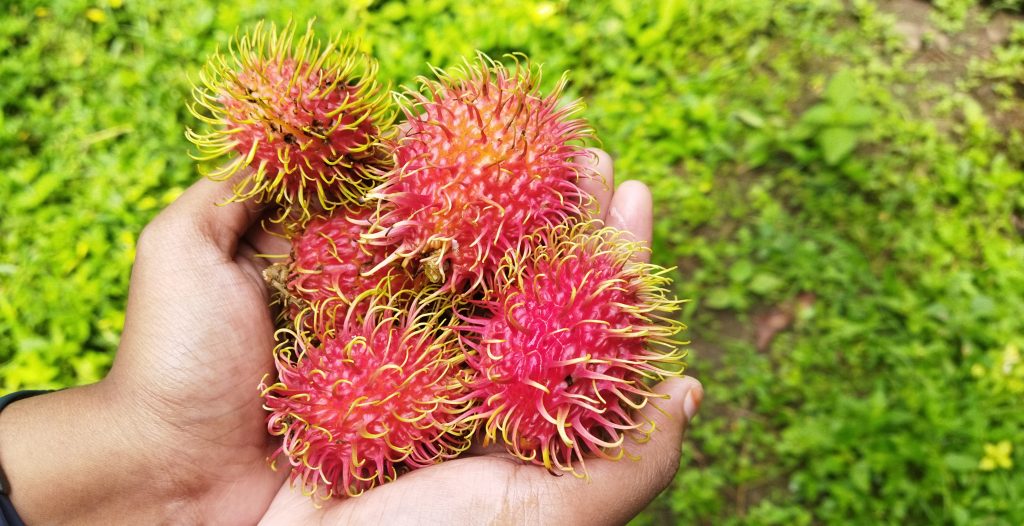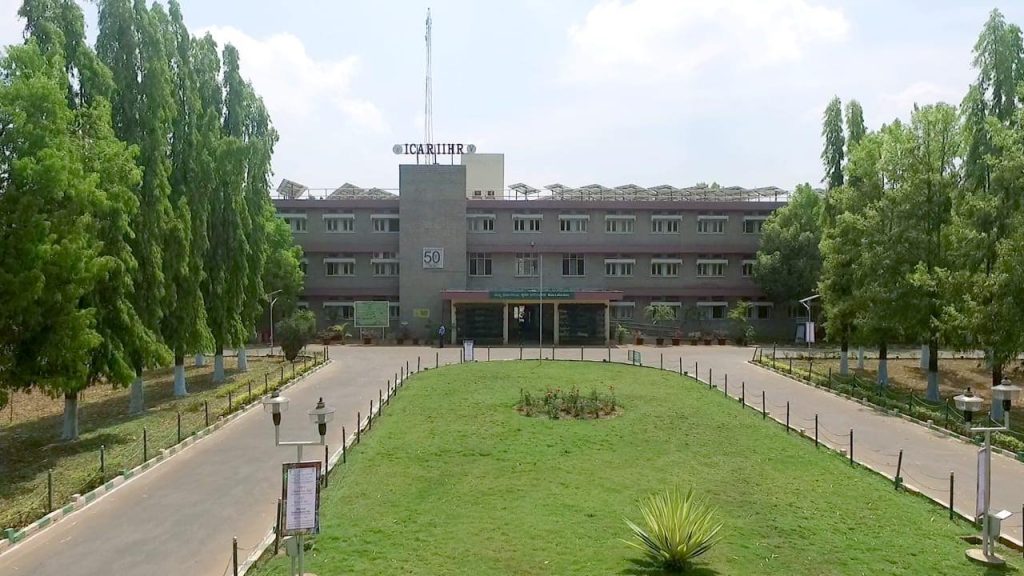International Seminar on Exotic and Underutilized Horticultural Crops:
Priorities & Emerging Trends
October 17-19, 2023, Bengaluru, India

The global horticultural industry has experienced significant growth in the past 50 years, with fruit production estimated at 676.9 million tonnes and vegetable production at 879.2 million tonnes. The consumption of flowers worldwide is valued between 40 – 60 billion USD, with China and India being major producers. This industry’s expansion has led to new opportunities in research, development, and employment, driven by increasing awareness of lifestyle and dietary habits. Numerous countries have taken initiatives to support the horticulture industry due to its substantial contribution to domestic economies and exports. However, challenges in overcoming malnutrition for a large portion of the global population still exist. The horticulture sector in India has been contributing about 30% to the agricultural GDP despite occupying only 14% of the area. It accounts for 40% of total agricultural export earnings and has seen impressive growth, surpassing food grain production with a 13-fold increase from 25 million metric tons to 331 million metric tons between 1950-51 and 2020-21. With 18% of the country’s area, it contributes around 33% to the gross value added in the agricultural GDP, and India ranks second globally in horticultural crop production.

The ICAR-Indian Institute of Horticultural Research (ICAR-IIHR), Bengaluru has played a crucial role in the industry’s development for the past 50 years. The institute has made significant contributions through high-yielding varieties, sustainable and profitable crop production and protection systems, organic farming, mechanization, and value addition. Recently, there has been a focus on conserving and promoting underutilized horticultural crops to diversify the food basket and improve nutrition security. While agriculture primarily relies on less than 100 plant species to feed over 90% of the population, there are more than 12,500 edible plant species worldwide, with about 7,000 having historical use by humans. Many edible species, however, remain neglected. Sustainable agricultural production should consider the utilization of diversity in underutilized crops, addressing specific problems through collaboration between researchers, policymakers, farmers, and other stakeholders.
To address these issues and plan for the future, ICAR-Indian Institute of Horticultural Research, in collaboration with the Society for Promotion of Horticulture (SPH), Bengaluru and the Indian Council of Agricultural Research, New Delhi, is organizing the “International Seminar on Exotic and Underutilized Horticultural Crops: Priorities & Emerging Trends” from October 17-19, 2023, at ICAR-IIHR, Hesaraghatta Lake Post, Bengaluru. The seminar aims to bring together key players to further horticulture’s contributions to sustainability, health, and nutrition. Participants, including researchers, policymakers, extension workers, traders, and entrepreneurs, will discuss strategies to achieve nutritional security, environmental sustainability, and increased productivity and profitability of underutilized horticultural crops.
